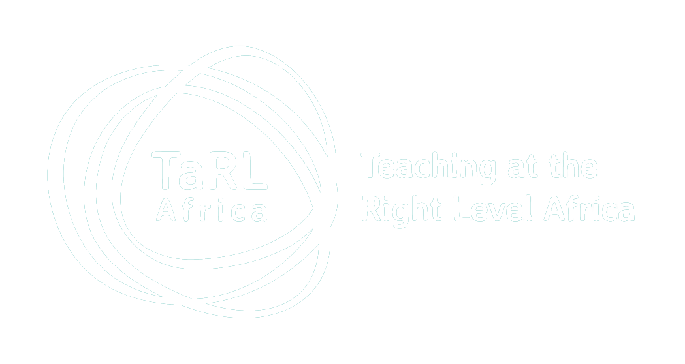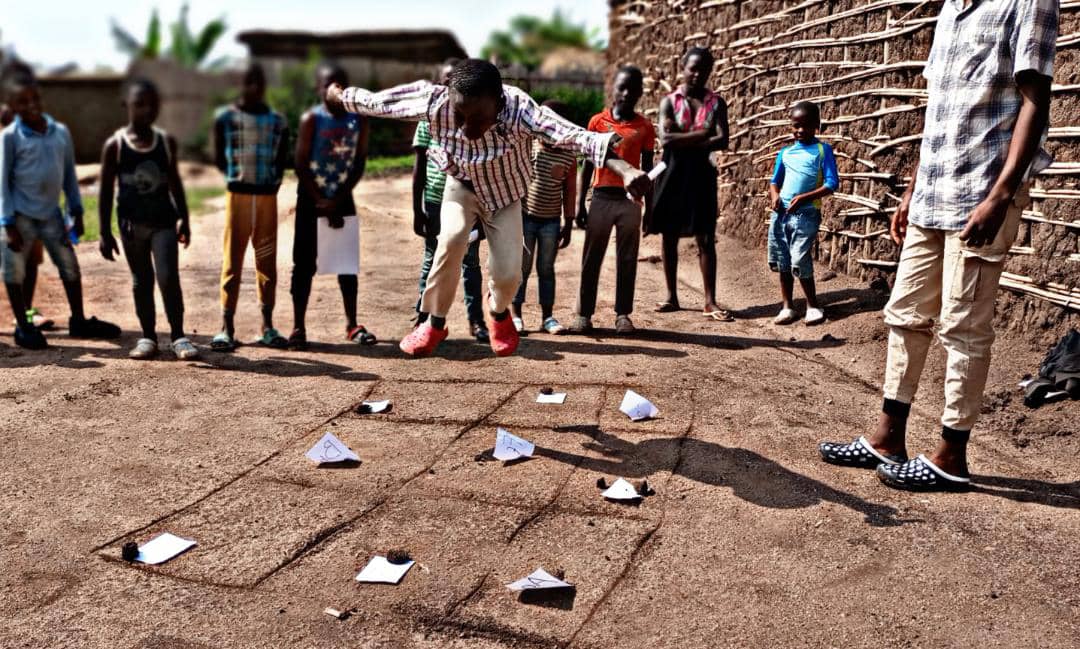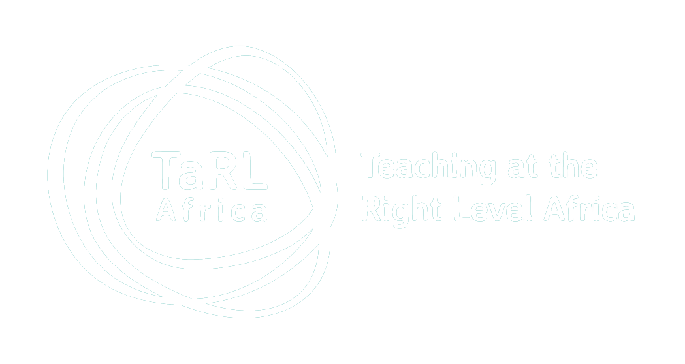Schools recently re-opened in Uganda at the beginning of 2022, nearly two years after closing because of the COVID-19 pandemic. However, it is not only COVID-19 that has kept refugee children from accessing education in Uganda. Refugee children in Uganda also require a minimum qualification to enter the mainstream education system. Language barriers between the teachers and the refugees also further inhibit refugee children from attending school. According to Young African Refugees for Integral Development (YARID), refugee children between the age of 9-14 years have been found to have little or no foundational skills. Many of these vulnerable children have migrated from neighboring countries like Burundi, Congo, South Sudan, and Rwanda into refugee camps in Uganda due to war and other harsh realities to look for a place to settle in peace. Many families expect that in the camps, their children will have an opportunity to go to school and have a brighter future.
YARID, with support from TaRL Africa and Street Child, has been trying to access to learning for refugee children a reality with its ‘Bridging the Gap’ program, which has adopted the Teaching at the Right Level (TaRL) approach. They organize bridging classes in the community where the learners are taught basic reading and math skills.
The Bridging the Gap Programme
After the government eased COVID-19 restrictions, TaRL Africa’s program team visited one of the largest refugee camps in Uganda, Kyaka II refugee settlement camp in the Kyegegwa district. According to the UNHCR, the camp hosts approximately 135,000 refugees and over 3000 asylum seekers, of which 78% are women and children.
In Kyaka II, YARID offers a ray of hope for young refugee children by supporting them acquire basic literacy and numeracy skills. YARID was founded in 2007 by young refugees from Congo living in Uganda who had a mission to empower fellow refugees, asylum seekers, and other displaced individuals within East Africa. Using the TaRL approach, YARID has been supporting targeted learners in eight centers in the camp to acquire basic reading and maths skills to help them join mainstream education. YARID has constructed classrooms in the centers where the learners gather for classes for two hours a day, one-hour literacy, and one-hour maths for a period of six months. A typical TaRL class usually has approximately 25-30 learners, two teachers in every class, one a Ugandan national and the other a refugee who helps in translation.
Implementation of the L2F2 methodology by Yarid
YARID, a recipient of a TaRL Africa Innovation grant in 2022, has worked hand-in-hand with Street Child, TaRL Africa, and Pratham to pilot an innovative approach to learning English. This approach, known as Language Learning from Familiar to Formal (L2F2), is an innovative methodology that seeks to help learners acquire foundational skills in both the local Language and the formal Language of instruction. So far, the L2F2 program has enabled learners to make remarkable progress in learning English after only two to four weeks of the program.
After a six-month intervention cycle, several children tend to acquire foundational skills in reading and math. According to the endline data collected by YARID in December 2021, there was a 38 percentage point improvement in Swahili, a 33 percentage point improvement in English, and a 67 percentage point improvement in numeracy in Cohort 1 of the 2nd cycle 2021. In 2022 there was a 70 percentage point improvement in the mother tongue, a 57 percentage point improvement in English, and a 58 percentage point improvement in numeracy in Cohort 2 of the 1st cycle 2022.
Subsequently, 684 learners have transitioned to public schools in the mainstream education system. Many learners who have smoothly transitioned from the YARID bridging centers are also performing well.
“Teachers in the public schools are pleased by the great performance of this learner in the normal classes. They can read, write and attempt basic operations in maths,” said Deborah, one of the YARID field officers.
Mentorship support
Master trainers and mentors, who are volunteers, have been very instrumental in the success of this program. They religiously offer technical support to the teachers in the classes. They have been equipped with skills and expertise to carefully support the teachers in ensuring quality delivery of the L2F2 methodology and bridging the gap program. They also conduct classroom observation while the session is on and offer onsite feedback to improve the delivery.
Mentors and master trainers also play an important role outside the classrooms; for example, mentors ensure learners’ full attendance in the TaRL classes by following up on absent learners. Sometimes, they offer child protection services, ensuring that learners receive medical attention, counseling, and referral on illness, gender-based violence, etc.
The Bridging the Gap program is impacting the lives of many households in Kyaka II Refugee settlement. Additionally, using the TaRL principles of observation, listening, doing, reading, and writing, the learners quickly improve their skills in literacy and numeracy. YARID and Street child continue to shine a Ray of Hope to young refugee learners with aspirations and ambitions to improve their current life status.


